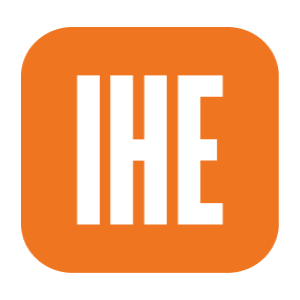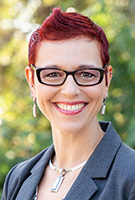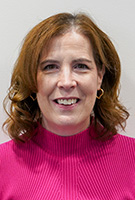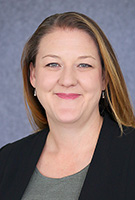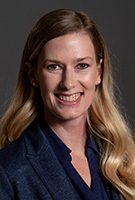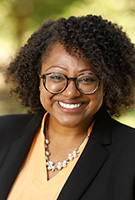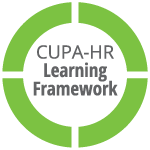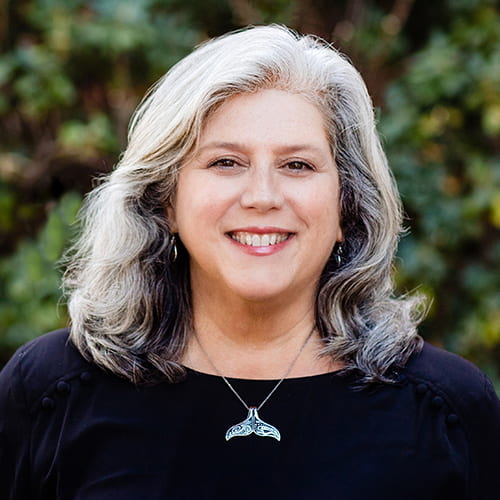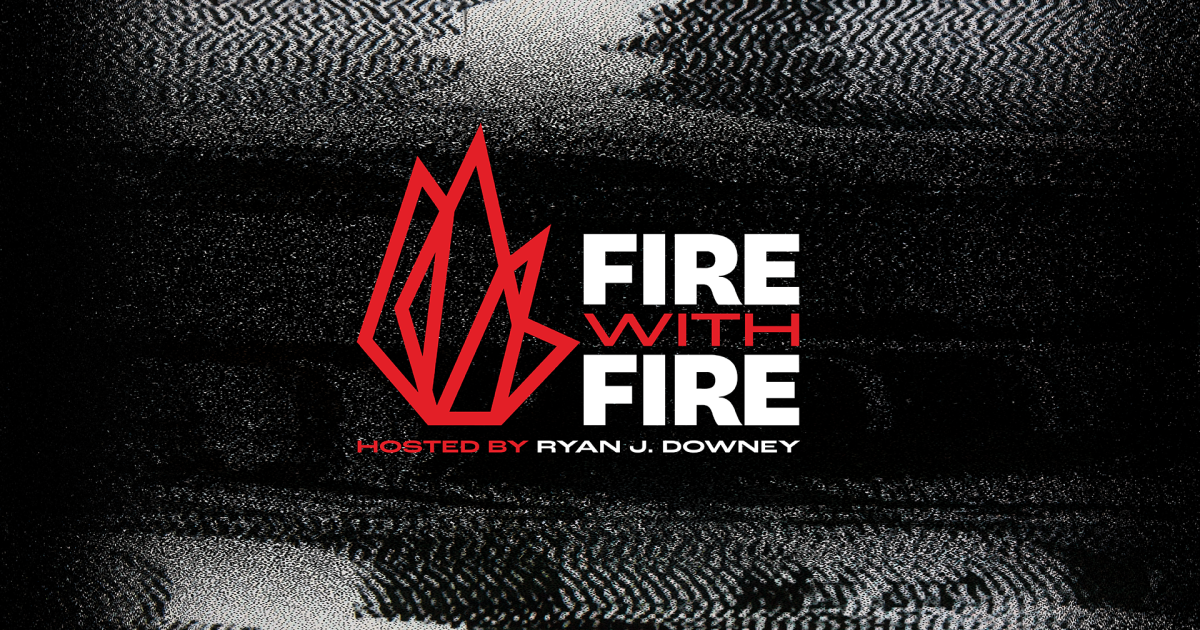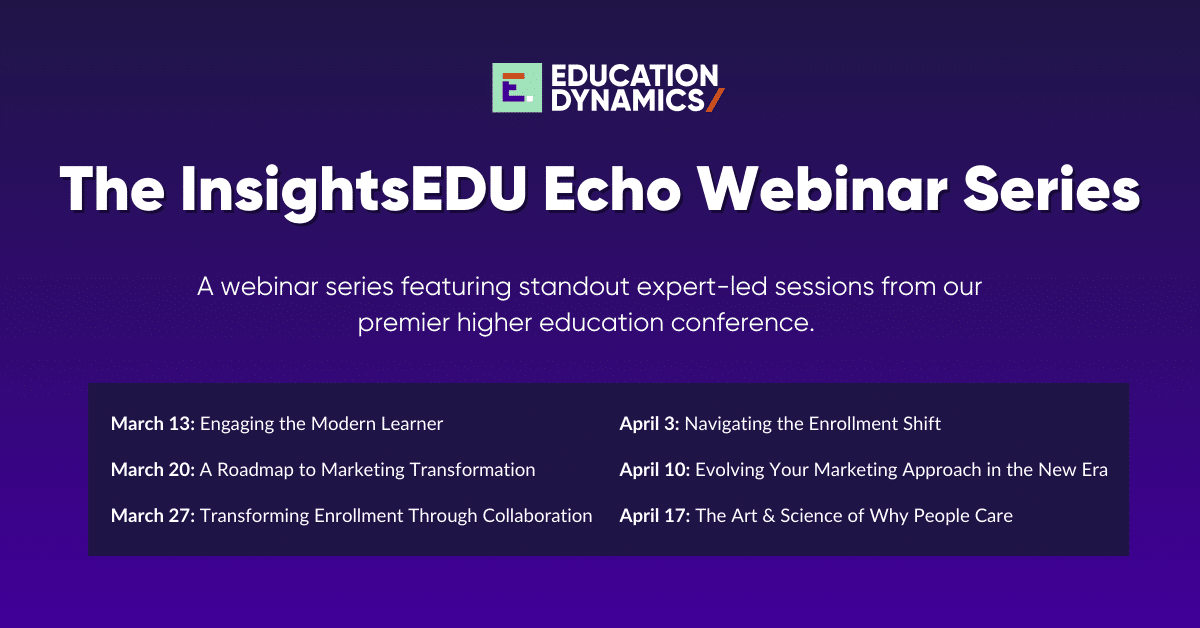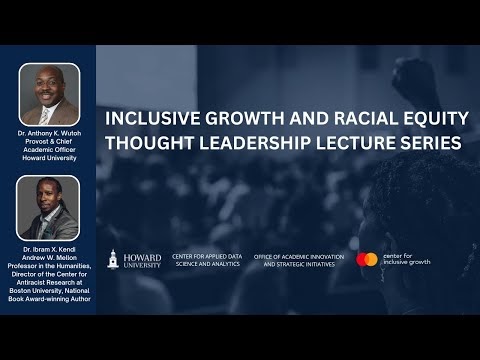Pressing record is not a plan.
Last November, I wrote in Inside Higher Ed about the expanding opportunities for scholars and mission-driven organizations to embrace audio. According to eMarketer, U.S. adults spend about 21 percent of their media time with audio, yet brands devote only about four percent of ad budgets to it. That gap is a missed opportunity and a signal to communicators and institutions ready to build real loyalty through sound.
And since that article was published, I have seen more teams start to recognize and implement audio as an essential channel for embedding important ideas into the culture. University centers, institutes and nonprofits are launching shows, and some are even building podcast “networks.” HigherEdPods, a community for higher ed podcasters, already counts 133 members, and its directory lists 1,205 podcasts from 210 colleges and universities. This is good, and it should definitely be happening.
But the boom in podcasting has also created a new problem: It’s increasingly a one-percenter’s game. A small slice of shows capture most of the listening, and everyone else is left fighting over whatever attention remains. You can see this in higher ed’s own backyard. Click over to the “Podcasts by popularity” tab on HigherEdPods and you’re greeted mostly by celebrity science and psychology shows—Huberman Lab, The Happiness Lab, WorkLife with Adam Grant, No Stupid Questions—and by the usual institutional suspects, the Ivies, Stanford, MIT, and other major brands, at the top. (One delightful outlier in the top 20 is History That Doesn’t Suck, run by a fellow in Integrated Studies at Utah Valley University, a regional public school in my home state of Utah.)
And this pattern isn’t unique to higher ed. As Axios’s 2025 Media Trends report notes, top creators across formats are capturing a disproportionate share of engagement.
The legacy advice to build a podcast audience is to “stick it out”—to publish weekly or in seasons, and to expect it to take 50 to 100 episodes before an audience begins to form. That might be fine advice for an independent creator whose main product is the show.
For institutions, it’s terrible advice. Most don’t have the mandate, appetite, budget or capacity to grind out 100 episodes and hope. A few marquee institutions can launch a weekly interview show and pull in listeners on brand name alone, for a while. But keeping them is another story. For other institutions and centers still building their reputations and networks, asking an audience to commit to an endless series is an even taller order. The appetite for podcasts is still strong; people simply have more, and more polished, choices than ever.
When podcasting got easy, formats got generic.
Part of how we got here is that podcasting became easy, in all the best and worst ways. The tools improved, the price of decent audio gear plummeted, and platforms made it almost frictionless to publish. That lowered barrier is great for access and experimentation. It also means “we should have a podcast” is now a default instinct, not a strategic decision.
The result is a glut of weekly interview shows that all feel vaguely the same: a host, a guest, 45 minutes of conversation and a title that reads like a panel description. When these shows fall flat, they usually fail in one of two ways. They sound like a lecture (overstructured, dense, information-first) or a meeting (under-edited, meandering, inside baseball). Both signal the same problem: no designed listener experience.
What’s been lost in the rush is not enthusiasm or expertise, but form.
Weekly shows encourage institutions to think in terms of slots to be filled rather than journeys to be designed. The question becomes “Who do we put on the podcast next?” instead of “What story are we telling, and who actually needs to hear it?”
There’s a better fit for how institutions work and how people listen: the limited series.
From Endless Feed to Bingeable Arc
A limited series treats audio not as an endless stream but as a complete experience. Instead of promising listeners “new episodes every Tuesday,” you promise them something like:
“Five episodes that will change the way you think about X.”
That simple shift does three important things.
First, it aligns with how people actually listen. A recent Podcast Trends Report found that about 60 percent of listeners say mini-series or seasonal podcasts are easier to complete than ongoing shows. And SiriusXM notes that among binge listeners, roughly 60 percent say they finish an entire series within the first week of its release, and nearly 9 in 10 say they’re happy to listen to episodes that are several months old. In other words, a well-crafted limited series can pull people through quickly and keep working long after launch.
Second, it matches how institutions actually operate. Universities and mission-driven organizations already think in projects and initiatives: a new center launch, a major report, a grant, a campaign, an anniversary. A three- to 10-episode arc maps cleanly onto that reality. It becomes a narrative companion to the work and a way to walk a specific audience through the why, the how and the stakes.
Third, it forces craft. When you only have a few episodes, you can’t afford to wander. You have to choose a central question, decide whose voices matter most and design an arc that gives each episode a clear job to do. You’re not filling airtime; you’re building a story people can binge and remember.
We’re already seeing this in higher education. Stanford’s Haas Center for Public Service recently produced Mosaic: 40 Years of the Haas Center, a three-episode limited series on the past, present and future of public service at Stanford, all organized around the question of why service learning is an essential part of student life and how its impact extends beyond the university.
And this isn’t an either/or choice. Limited series can live inside an existing weekly show as clearly branded “special seasons,” giving loyal listeners something to sink their teeth into while also creating a front door for new audiences who want a finite, bingeable story before they decide whether to subscribe. They can also be packaged and repurposed long after the initial release as a project you can point to in syllabi, campaigns, grant reports and fundraising campaigns.
The AI, Unscripted podcast from the University of Maryland shows what this kind of nested limited series can look like. This seven-part arc, designed to guide faculty from AI-curious to AI-confident, lives within the broader Moving the Needle teaching-and-learning podcast. It opens with a “host handover” episode between Moving the Needle host Scott Riley and the AI, Unscripted co-hosts—Mary Crowley-Farrell, Michael Mills and Jennifer Potter—and then rotates those co-hosts through episodes on AI in business, journalism, nursing, psychology, English and graduate education. The episodes are published in the same Moving the Needle feed and clearly tagged as a “Special Edition,” making the series easy to find while still drawing traffic to the main show.
For institutional podcasters, that’s the big opportunity in this crowded, one-percenter landscape. You don’t need to win the “most episodes” game. You need to make a small number of episodes so compelling, so clearly scoped and so bingeable that the right people choose to press play, and then keep going.
Danielle LeCourt is the founder and principal of De LeCourt, a strategic communications studio that helps universities, research institutes and mission-driven organizations turn complex ideas into stories that people care about. A longtime strategist and podcaster, she has worked with institutions such as Harvard, Southern Methodist University, the University of Delaware, and Genentech to elevate the visibility and impact of their work through storytelling and sound.

